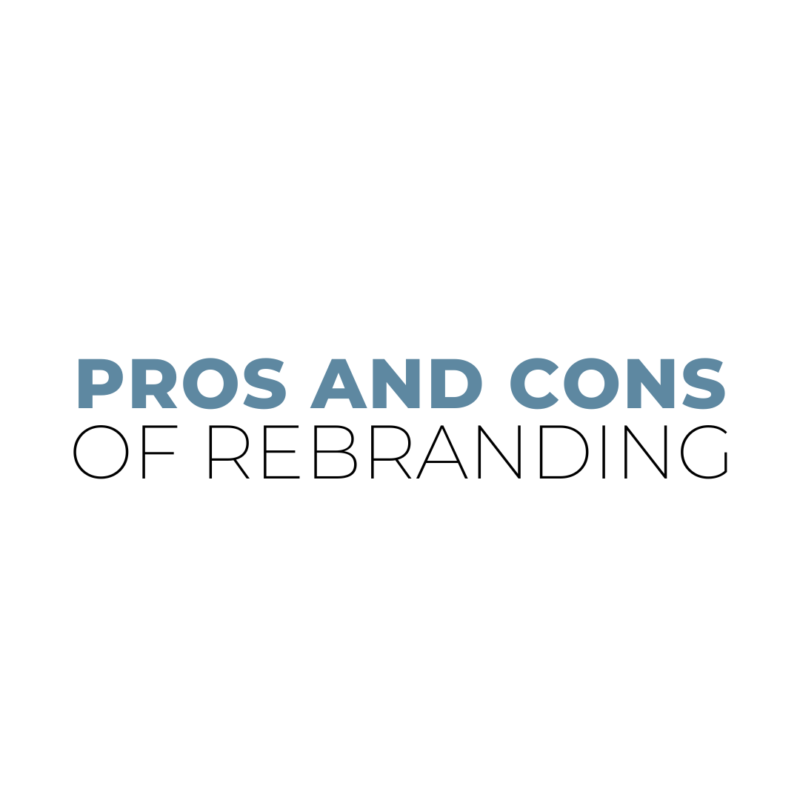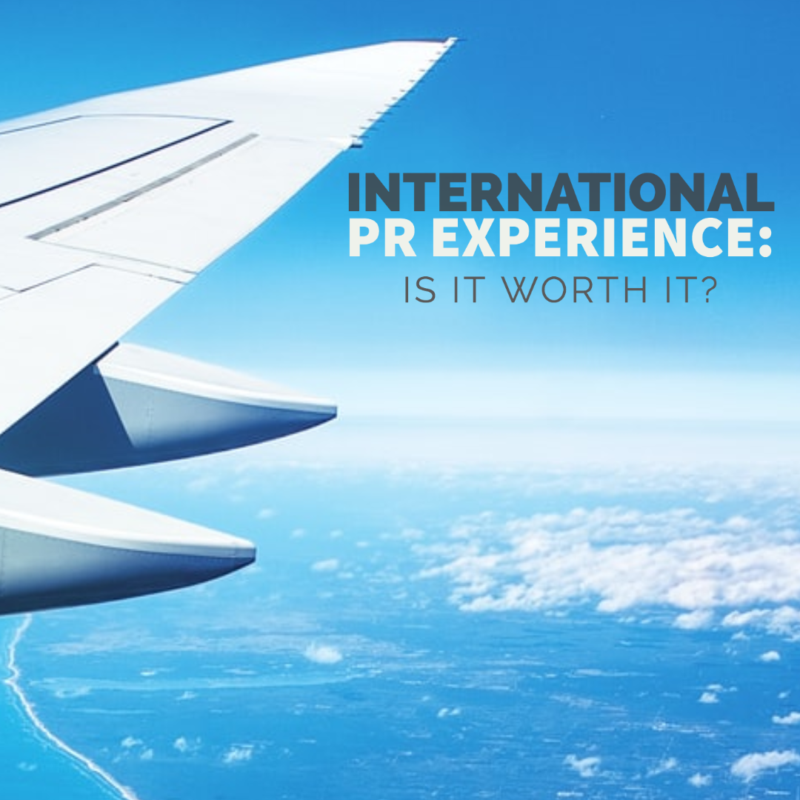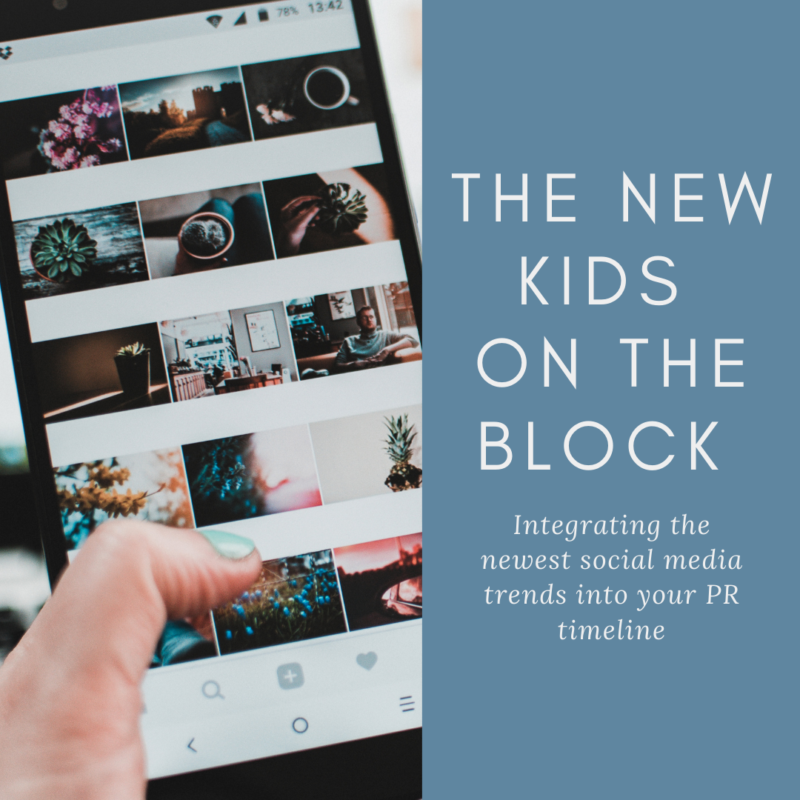When was the last time you remember working an eight-hour workday?
I was always told the professional life was your typical 9 a.m. to 5 p.m. You get up, go to work, go home, and do the same thing the next day. But since graduating from college in May 2014, I have noticed that being “on the clock” in the public relations industry isn’t just a 9-to-5 position. Instead, if you don’t continually keep up with the news, social media and the happenings of your clients, you will quickly fall behind, and it isn’t easy to catch up. With the 24/7-style of the industry, public relations professionals are pushed to the max, rarely receiving much needed R&R that many other professionals can delight in. I began to wonder whether this is a societal normalcy, or is this a pressure we put upon ourselves? What happened to the evenings where we could sit back, relax and put our feet up?
A big reason is simple: increased accessibility. Our smart phone is the No. 1 issue. Now, a phone call is as simple as picking up the cell phone in my pocket, dialing a number and reaching the other person on the line. Email goes straight to an app, making it easier to check it on a smart phone than on a computer. Texts are the easiest. Simply write up a short message and press send. With that type of accessibility, we are able to continue working even after work is over with little-to-no trouble at all.
Working too much, though, is actually detrimental to our health. For example, you can lose a substantial amount of sleep. An adult should get eight to nine hours of sleep at night. The average is six hours. Stress causes a rise in blood pressure, which can lead to heart disease in those who work overtime. Additionally, our eyesight suffers. Did you know that up to 90 percent of people who use a computer complain of eyestrain? These are just the physical issues facing people who work too much. In reality, people who work overtime suffer from a suppressed social life, as well. Overtime means spending less time with family and friends. Instead, we sit on the couch during weekends, replying to emails or stalking social media for new, vital information that can help us, rather than watching TV with the family.
Luckily, many agencies understand the “go, go, go” nature of the industry, and often work with their employees to create a relaxed and understanding environment. For example, Obsidian offers flexibility in the daily schedule, allowing employees to leave the office early and finish their work at another time. If an employee is sick, Obsidian offers the luxury of working from home, so you don’t get behind on client work; the office is no longer a necessity. Obsidian also allots time in the workday for a workout, or sometimes, a much-needed YouTube or Internet surfing break. It is the small things Obsidian offers that makes their employees loyal and willing, and it is the reason they will go above and beyond to do their job at any hour of the day.
But, next time you pick up your smart phone after work to check your email, think twice. Unless it’s truly urgent, indulge in a bubble bath, attend your favorite workout class, take a walk with your family or watch your favorite movie instead. Your body and your family will be thankful, and you may be surprised; you may feel less stressed and decreased tension, resulting in a happier, better you.


